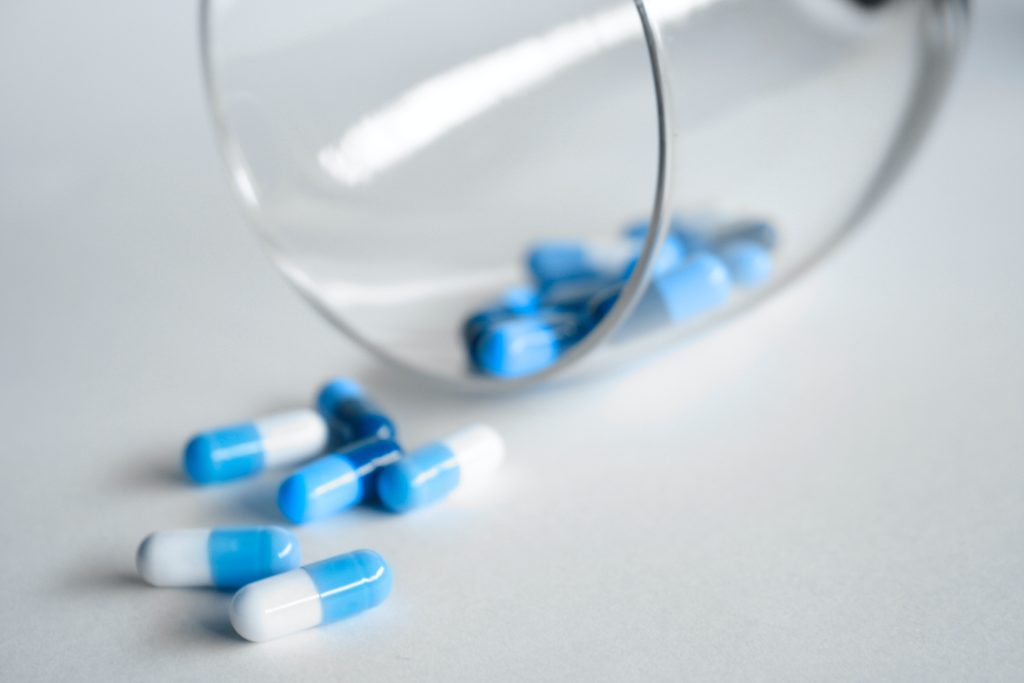Last Updated on July 26, 2023 by Janie Wilson

Mental health and addiction may seem like they inhabit two different realms, but they occur alongside each other more frequently than you may expect. Today, we’ll explore why and how these two conditions are connected.
Mental Health and Addiction: What’s the Connection?
Addiction is a chronic condition that can cause an individual to use a substance compulsively, despite the potential negative impact on their personal life, health, finances, connections with family and friends, or career.
Mental illnesses encompass a broad range of diagnosable conditions that impact cognition, emotions, and behavior influencing daily life.
Although both conditions can occur together, it’s important to note that one disorder does not necessarily cause the other, and it is often impossible to tell which occurred first.
Addiction occurs at high rates in individuals with mental health conditions such as:
- ADHD
- Anxiety disorder
- Borderline personality disorder
- Bipolar disorder
- Depression
- Panic disorder
- PTSD
- Schizophrenia
It’s thought that addiction and mental illnesses often occur together because they share several risk factors, such as genetics, early exposure to trauma or stress, and issues with specific parts of the brain.
Mental health issues can also contribute to drug or alcohol use as a form of self-medication to relieve symptoms. This can cause a cycle of worsening symptoms and increased usage of substances to alleviate symptoms.
In some cases, substance abuse may contribute to the development of a mental disorder due to neurological changes that stem from the way a given substance interacts with brain chemistry.
Although trying to cope with both conditions on your own may feel overwhelming, they are highly treatable with professional help.
The Benefits of Seeking Professional Care
If you have an addiction and mental health condition, it’s important to work with a qualified healthcare provider who is able to make a dual diagnosis.
They can treat both conditions, prescribe medications if necessary, and recommend the most effective course of treatment to manage mental health and addiction.
Treatment for addiction may include:
- Detox: The first and most important step in addiction recovery, detox helps patients overcome the physical addiction to a substance.
- Medication: Certain medications can help improve withdrawal symptoms, making it more comfortable to complete detox and make a full recovery.
- Counseling for individuals and families: Helps patients and their families develop behavioral strategies, identify substance use triggers, develop healthy coping mechanisms, and provide other support surrounding substance use.
- Support networks: Can help connect patients to a larger support network, which can reinforce healthy habits
Treatment for mental health conditions varies depending on the specific condition but may include medications, counseling, therapy, support networks, and more.
In addition to the traditional treatments listed above, there are several additional therapies that may be beneficial for individuals with addiction and mental health.
NAD+
NAD is a coenzyme that may help reduce withdrawal symptoms and cravings, which may make it easier to successfully complete withdrawal and remain sober. NAD+ blended with vitamins can restore levels that may have been depleted by substance use, and vitamins such as C, D, and B-family can support mental health.
Peptides
Peptides have recently been studied for addiction, and early results have found that certain peptides may act to prevent the activation of reward centers in the brain, help reduce substance intake, and decrease the motivation to use drugs or alcohol.
Peptides for addiction can be obtained from clinics or at home with a specialized medical service.
Diet and exercise
What you eat is essential for overall health, but it can help replenish your body while recovering from a substance use disorder and help ensure you get the vitamins, minerals, and nutrients you need to support your mental health.
Exercise is beneficial for overall health but is particularly valuable for individuals with depression or anxiety as staying active helps alleviate symptoms.
Mindfulness practices such as yoga, meditation, and journaling
Mindfulness practices can help promote mental health by laying the foundation to manage overwhelming thoughts and emotions that can come with both addiction and mental illnesses.
For example, self-awareness may help you identify if you’re struggling with either your mental health or substance use triggers. From there, you may reach out to your therapist, doctor, support network, or take other steps to help prevent relapse.
Regardless of which option you choose, treating both mental health and addiction helps support better overall outcomes and a higher chance of a lasting recovery.

Last Words
Although there is still a stigma surrounding mental health and addiction, it’s essential to remember that neither of these conditions is a matter of willpower. They are both chronic conditions that can be effectively managed with the help of healthcare professionals. They can help you develop healthy coping mechanisms, prescribe medications where necessary, and offer guidance to help you achieve long-term sobriety and optimal mental health.
References
- https://www.samhsa.gov/mental-health/mental-health-substance-use-co-occurring-disorders
- https://nida.nih.gov/publications/research-reports/common-comorbidities-substance-use-disorders/part-1-connection-between-substance-use-disorders-mental-illness
- https://nida.nih.gov/publications/research-reports/common-comorbidities-substance-use-disorders/why-there-comorbidity-between-substance-use-disorders-mental-illnesses
- https://medlineplus.gov/dualdiagnosis.html
- https://www.webmd.com/mental-health/addiction/nad-therapy-addiction
- https://www.webmd.com/vitamins-and-supplements/what-to-know-about-vitamins-and-mental-health
- https://www.frontiersin.org/articles/10.3389/fnins.2021.774050/full
- https://www.mayoclinic.org/diseases-conditions/depression/in-depth/depression-and-exercise/art-20046495
- https://www.mentalhealth.org.uk/explore-mental-health/publications/how-look-after-your-mental-health-using-mindfulness

